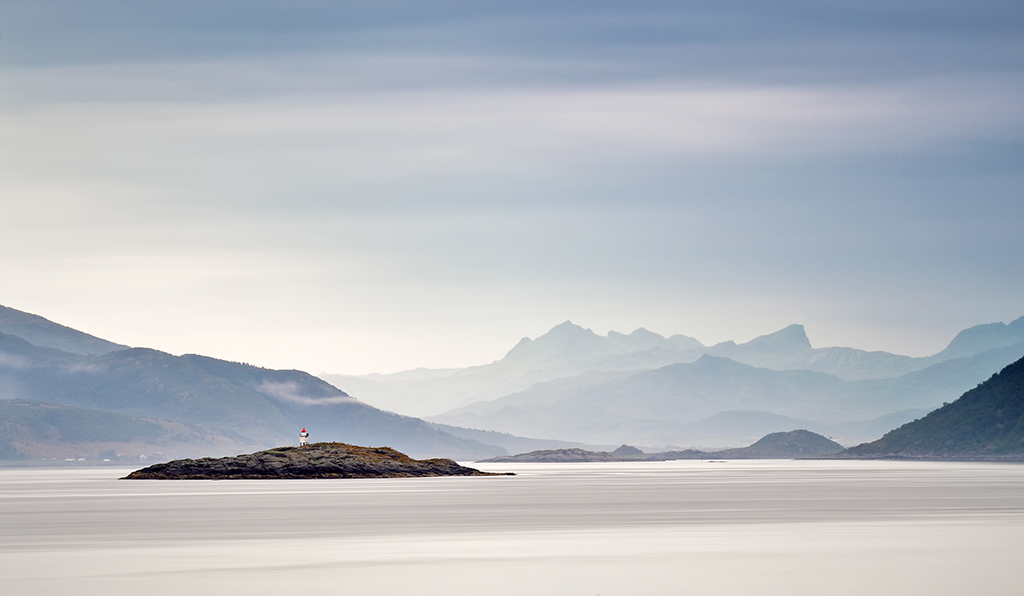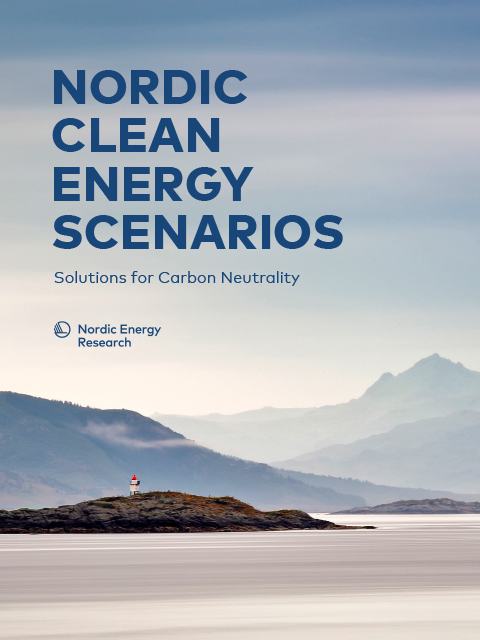
What is Nordic Clean Energy Scenarios?
Nordic Clean Energy Scenarios has two aims: To identify necessary actions to reduce energy-related emissions leading up to 2030 through scenario modelling, and map potential long-term pathways to carbon neutrality…
Nordic Clean Energy Scenarios has two aims: To identify necessary actions to reduce energy-related emissions leading up to 2030 through scenario modelling, and map potential long-term pathways to carbon neutrality. Nordic Clean Energy Scenarios is intended to support the joint Declaration on Nordic Carbon Neutrality.

Supporting the Nordic Vision
Nordic Clean Energy Scenarios guides you through the region’s energy system and illustrates how the countries can achieve the Nordic Vision 2030, to become the most sustainable and integrated region in the world, by realising the green transition.
Nordic Clean Energy Scenarios builds on earlier efforts of Nordic Energy Research: The two reports Nordic Energy Technology Perspectives published in 2013 and 2016. These reports drew on the best available knowledge at the time. However, the rapidly changing landscape of the energy sector has seen cost declines for energy technologies that were unimaginable a few years ago, while ambitions to curb climate change have risen around the world. These developments have changed the prospects for certain technologies and the conditions for the Nordic energy system, highlighting the need for an updated analysis.
While the Nordic Energy Technology Perspectives series analysed additional costs and changes needed to increase climate ambitions, the three scenarios presented in Nordic Clean Energy Scenarios all reach carbon neutrality by 2050 through different technological and societal pathways, illustrating how political choices might shape the future of the Nordic energy system.
The three scenarios developed and explored in the project are:
- Carbon Neutral Nordic (CNN) seeks the least-cost pathway, taking into account current national plans, strategies, and targets.
- Nordic Powerhouse (NPH) explores the opportunity for the Nordics to play a larger role in the broader European energy transition by providing clean electricity, clean fuels, and carbon storage.
- Climate Neutral Behaviour (CNB) reflects Nordic societies adopting additional energy and material efficiency measures in all sectors, ultimately leading to lower demand for both.
Objectives: Nordic Clean Energy Scenarios
Nordic Clean Energy Scenarios aimed to:
- Develop carbon-neutral energy scenarios for the Nordic region.
- Contribute to strengthening Nordic cooperation and expertise in energy modelling and further develop cooperation between Nordic energy modellers and energy model research communities.
- Identify and analyse energy technologies with significant global and Nordic climate change mitigation potential.
- Develop a Nordic energy statistics database with aggregated data.
Contributors
- Energiforsk – Overall project management
- EA Energy Analyses – Technology catalogue and Balmorel modelling
- Energy Modelling Lab – Scientific management, ON-TIMES modelling, and energy technology expertise
- IVL Swedish Environmental Research Institute – Scientific management, ON-TIMES modelling, and energy technology expertise
- Norwegian University of Life Sciences – Co-author, work package leadership, project scoping, literature review, and model results review
- Profu – Co-author, model results review
- Thema – Co-author, model results review
- Tøkni – Web-tool development
- VTT – Co-author, work package leadership, ON-TIMES modelling, NCES Database, framework conditions, literature review, and data collection
- Nordic Energy Research – Project funding, coordination and administration, and appointment of project steering group
Nordic Collaboration
Individually and collectively, the Nordic countries have among the most ambitious energy and climate agendas in the world. Collaboration, and coordination of the region’s interconnected energy infrastructure will also be key to the European energy transition.
Nordic Countries are Committed to Carbon Neutrality
Denmark, Finland, Iceland, Norway, and Sweden signed a joint Declaration in 2019, committing the Nordics to become carbon neutral in line with the Paris Agreement.
A Case for Nordic Collaboration and the Nordics’ Role in the European Transition
Nordic co-operation is crucial to the energy transition in each country, since power grids, CCS and PtX infrastructure are highly interdependent throughout the region.


